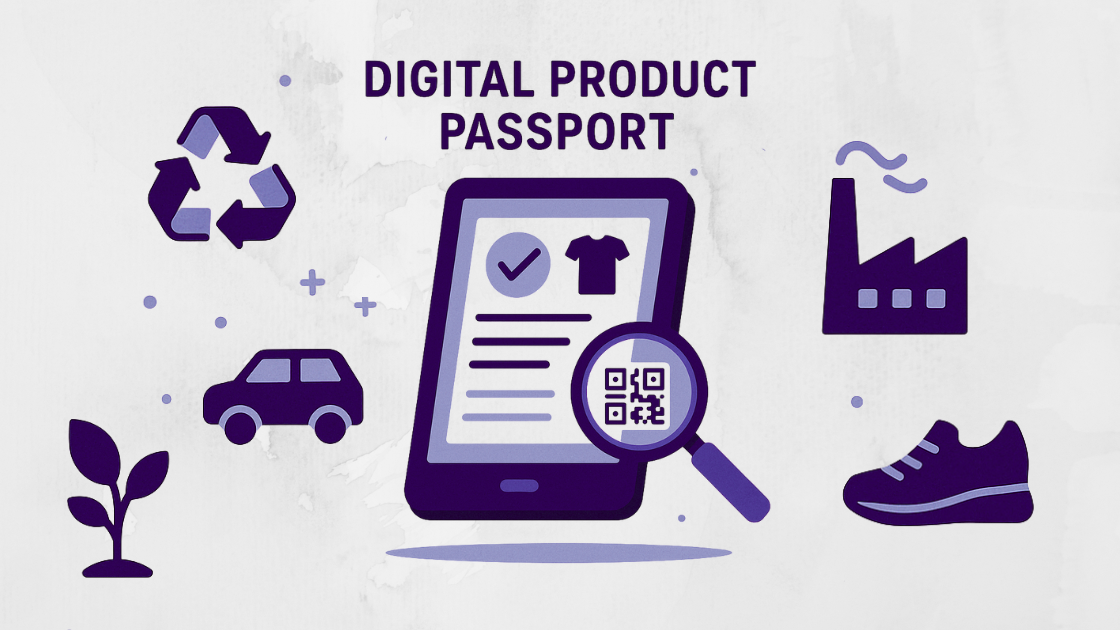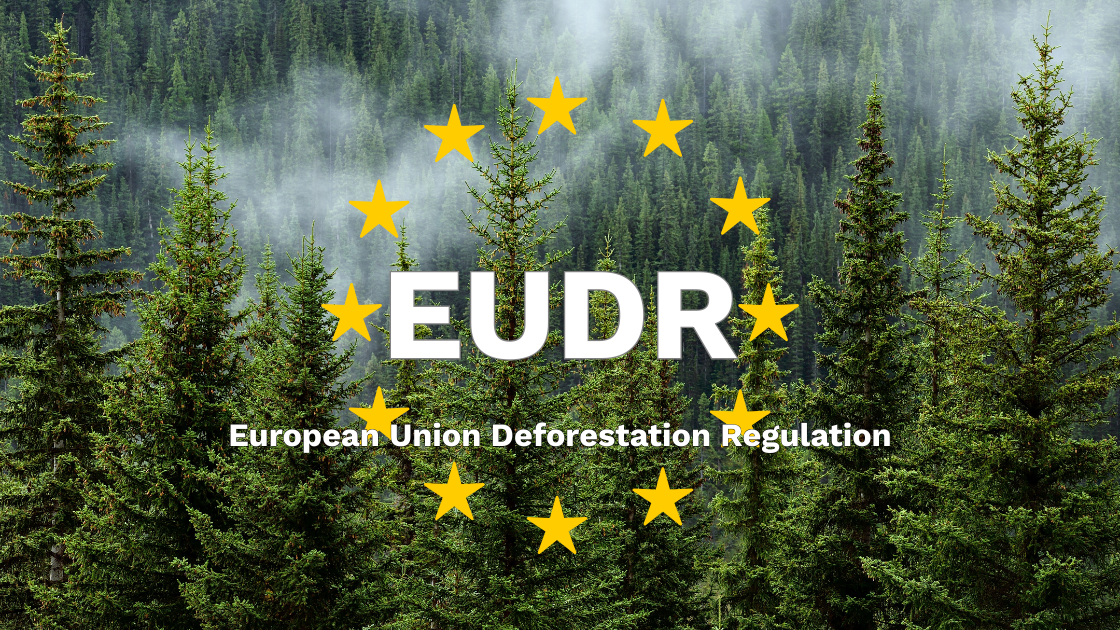The role of accountants in sustainability for small businesses
The need for accountants' support in businesses' sustainability is growing. But what exactly is their role in sustainability? We break it down for you.

Recent and upcoming laws and regulations require a growing number of companies to become more sustainable and to report on their activities, also prompting SMEs to communicate and improve their sustainability. In addition, more and more business owners actively want to work on sustainability. As a result, accountants are increasingly approached to, for example, prepare sustainability reports, conduct sustainability audits, calculate carbon footprints, and advise on sustainable business practices. This need for accountant support will continue to grow due to laws and regulations, the financial benefits of sustainable business practices, competitive advantage, and increasing demand for sustainable products and services.
The ISSD standards and small businesses
The International Sustainability Standards Board (ISSB) has established standards (IFRS S1 and IFRS S2) that provide a framework for companies to report sustainability, including sustainability opportunities and risks. The ISSD aims to provide a standardised framework that offers uniform information about companies across different sectors. This way, stakeholders can compare information from various companies and consider this in their business choices. Although the regulation currently only applies to listed companies, it is still important for SMEs to be sustainable and report ESG. That's because companies that do have to comply with the rules need sustainability information from their smaller partners in the value chain. So, even though the guidelines do not apply directly to unlisted companies, they definitely feel the impact.
The accountant in sustainability reporting
In addition to reporting on a company's sustainability performance, the transition to sustainability can also impact the annual accounts. For example, consider the need to make products and services more sustainable or the energy transition. This means that the theme of sustainability also affects a company's finances. As an accountant, you are now responsible for accurate financial reporting and promoting and documenting sustainability within companies. In addition, research has shown that as many as 49% of companies see the accountant as the ideal person for their sustainability reporting (see Figure 1).

How you can help small businesses
Small and medium-sized businesses also present opportunities for accountants. With 5.5 million SMEs in the United Kingdom, they are the majority of all businesses and responsible for 61% of employment. Almost half of all SMEs turn to an accountant for critical guidance and value this relationship. When considering significant disruptions to their business, 40% seek advice from an accountant. This also includes advice on making a business more sustainable. Due to regulations and the sustainability transition, sustainability and ESG are becoming increasingly integrated parts of the SME sector.
Accountants can play a crucial role here by helping businesses understand sustainability concepts or regulations such as double materiality, ESG, SDG, IFRS S1 and IFRS S2. Determining which sustainable themes are most important for a company can be challenging. They can guide businesses in identifying these themes by considering sector-specific challenges and legal requirements. An important aspect of sustainability is measuring performance and communicating results to stakeholders. As an accountant, you can support businesses in reporting this data clearly and transparently to stakeholders. By fulfilling this advisory role, accountants can contribute to the sustainability of SMEs. They can help businesses comply with laws and regulations and gain strategic advantages by operating sustainably.
Stay ahead of your clients and start the conversation yourself! Support them when it comes to ESG (Environment, Social and Governance). At Eevery, we can help you with this. Our sustainability and improvement platform assists you in measuring, improving, and communicating your clients' ESG performance. Would you like to speak with one of our sustainability experts and learn more about what we can do for you? Contact us now.



